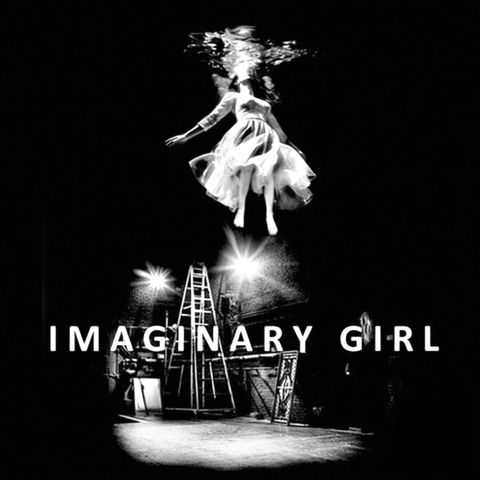

•
WHY THIS NEW WORK IS
URGENTLY RELEVANT TO TODAY
•
•
" HOW MUCH OF OUR PERSONAL
& POLITICAL IDENTITY
IS SHAPED BY FORCES BEYOND OUR OWN FREE WILL "
" IDEOLOGICAL HIJACKING
AND
TRAUMA'S IMPACT ON OUR IDENTITY "
" THE DISINTEGRATION
OF
OUR SHARED REALITY "
" ALL CONFLICTS
– INTERNAL, INTERPERSONAL & POLITICAL –
ARE BATTLES OF COMPETING VERSIONS OF REALITY "
" WE ALL HAVE TWO PEOPLE INSIDE US
AND
ONE OF THEM IS A FUCKING LIAR "
•
TONAL BALANCE + EMOTIONAL DEPTH

STRATEGICALLY INTEGRATED
BRINGS TONAL BALANCE &
EMOTIONAL DEPTH
TO THE DRAMA
MAGICAL REALISM +
COMEDIC FANTASY
•
ARCHETYPAL STRUCTURE + PAYOFF
ULTIMATELY:
IT’S AN UPLIFTING STORY OF SELF-LIBERATION

AN INSPIRING TRUE STORY OF HOPE & HEALING
AS PATTY OVERCOMES
SEEMINGLY IMPOSSIBLE INTERNAL & EXTERNAL OBSTACLES
•
ORIGIN + INSPIRATION
WHERE IT STARTED:
Imaginary Girl was conceived while its team leader was working as the principal editor of The Alchemy of Wolves and Sheep * by Dr. H. L. Schwartz.
This book makes a significant contribution to the psychological trauma literature.
It coined the term COERCED PERPETRATION and its linkage to BRAINWASHING and IDEOLOGICAL HIJACKING – illuminating the dynamics of how trauma victims are manipulated into betraying their own moral limits.
Dr. Schwartz is an internationally acknowledged expert on PTSD, with a career dedicated to the treatment of survivors of complex trauma and dissociative identity. He continues to serve as the play's psychological consultant.
( * Winner of the prestigious 2017 INTERNATIONAL SANDOR FERENCZI PRIZE, from ISST&D:
The International Society for the Study of Trauma & Dissociation )



5DMEDIALAB’s founder's lifelong commitment to advocacy for those struggling with the psychological dilemmas at the center of Imaginary Girl grew out of an unusual childhood in rural Vermont, shaped by a family system where members were coerced into inflicting abuses on others, and moral ambiguity defined daily life.
•
WE'RE LOOKING FOR THE PEOPLE
WHO ARE LOOKING FOR US
SEEKING
CREATIVE PRODUCERS
ASSOC + ASSIT DIRECTORS
DANCE CAPTAINS
ADVENTUROUS PERFORMERS
FOR OUR NEXT STEPS

1. Assemble a trusted advisory team & creative brain trust
2. Work together to create an emotionally-compelling & meaningful experience
3. Record updated demos featuring new arrangements & trained vocalists
4. Launch a full proof-of-concept production
5. Share in its rewards
REACH OUT TO START A CONVERSATION


